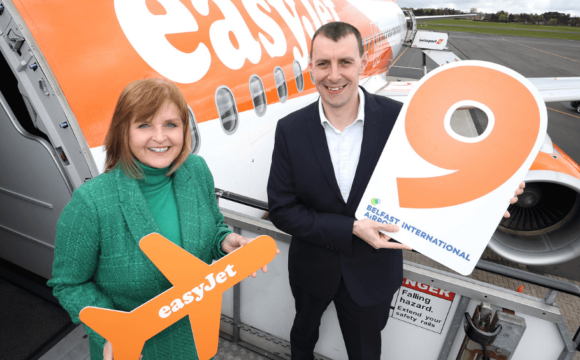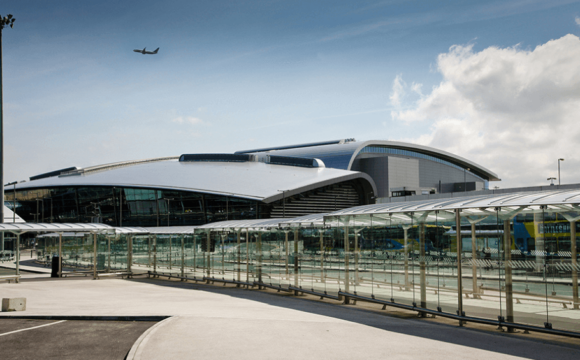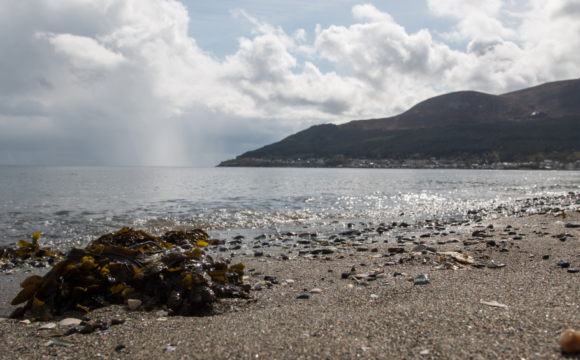THE dawn of a new era is upon us as travel transforms into a digital way of life – but is it here to stay? Months in the making, the ETIAS visa has been pushed back yet again after serious discussion between the UK and the EU after Brexit. The visa will see non-EU citizens, which now includes Britons, having to pay a yearly fee to explore regions within the EU. Initially supposed to be in place from August 2021, the visa is not coming into place until 2024 at its earliest date – a welcomed push back for British travellers. Last month, the EU also postponed the launch of its new Entry-Exit System (EES) from May 2023 to a target date of “by the end of 2023”. EES will be used to register non-EU travellers when they arrive and leave the bloc. Julia Lo Bue-Said, CEO of The Advantage Travel Partnership, said:
“The recent announcement that the roll out of ETIAS will be delayed until 2024 is one silver lining for British travellers planning to travel to the EU this year. “It is one less hurdle and cost for holidaymakers and travellers to have to consider. The delay will also allow more time for all travel businesses and consumers to familiarise themselves with the new requirements. “ETIAS has suffered a series of delays in the past few years, it is crucial that when the scheme is eventually introduced it is fully functional and has been thoroughly tried and tested.”. Of course, these visas will not be a place-in-hand visa as a digital dawn for travel awakes. We are not yet sure on how these visas will be used, however it can be expected that the digital version will need to be presented to either the airline you’re travelling with, border control upon entry or both. The Island of Ireland is also set to see a change to cross-border travel after Brexit as details emerge of new travel visa needed, even for day trips.
The Electronic Travel Authorisation (ETA) system will apply to people without British or Irish nationality crossing the border into Northern Ireland, however those with legal residency on the island of Ireland will not have the same implications. This means travellers flying into Dublin Airport who are not British or Irish citizens would require pre-entry clearance to visit Northern Ireland. The same applies to those flying into one of Northern Ireland’s three airports who wish to visit the Republic of Ireland. The Northern Ireland Tourism Alliance (NITA) estimates 70% of its overseas tourists arrive in Northern Ireland via the Republic, accounting for about 25% of total tourism spend here. This has caused some concern in the tourism industry here. Speaking on the proposed ETA system, Dr Joanne Stuart, Chief Executive of NITA said:
“We don’t want anything that would create a barrier or make people think twice about coming up to Northern Ireland. The ETA was initially meant to be rolled out as a pilot at the beginning of this year, but we see that’s been delayed and we are urging a response as quickly as possible. “We are in a situation where you have already got operators looking out to 2024/2025 for bookings, so we need to have clarity on the situation. What we do know is it would be multi-year, probably three years but other than that we don’t know anything. We don’t know the cost and we don’t know the process other than it will be digital. “There’s been no communication globally with regards to the introduction of the ETA, so everybody just needs that clarity.” Ireland will not be the only country to recognise the danger with the spilt from the EU for the UK through visas, as Spain has also expressed concern for its largest tourist market. Answering a question by the Independent, Juan Molas President of Mesa del Turismo, said: “We are especially concerned about the impact of this tax on British tourism, our main issuing market with 18 million arrivals in 2019. “It must also be taken into account that the measure – if it goes ahead – will be added to the rest of local taxes that the tourist is already paying to visit certain European cities.”.
Julia Lo Bue-Said, CEO of The Advantage Travel Partnership, said:
“Travel as we once knew it has changed forever and the ability to travel freely in a post Brexit era is no longer available to British passport holders. The delayed implementation of the new biometric ETIAS until later this year is just another example of one more hurdle and cost holiday makers will have to consider for travel into the EU in future. What we do know is that three years later our ability to travel frictionlessly has been taken away. Covid masked much of the Brexit impact for travellers and no more visa-free travel for Brits across the European Union highlights yet another hurdle to navigate.” But it’s not all doom and gloom in the Brexit reality of travel; despite the possibility of travel becoming slightly more expensive, travel is becoming more and more accessible. And travelling with ease is about to get a whole to simpler. Face-scanning recognition is set to replace passports for travellers passing through Frankfurt Airport later this year. The biometric technology will be available for any airlines operating out of Frankfurt that wish to use it, and passengers can opt in by enrolling at a counter and then going through automated security and boarding gates. Passengers who would rather not use the facial recognition system can proceed through the airport as normal using their passport. Star Alliance, comprising of 26 airlines, has already revealed plans to launch biometric passenger processing across its entire global network. Although this may not be rolled out the world over, digital means of travel are closer to Brits than many may believe.British passport holders will also soon be subjected to fingerprinting and face checks in order to travel to the European Union as part of a new digitised checkpoint system. The new system means that non-European citizens, including Britons, will have to get their fingerprints and a facial biometric analysed every time they enter and leave the bloc. Up until this point, UK tourists have only needed stamps at each entry and exit point within the free-travel Schengen Zone to show that they have not overstayed the limits of their visa. The UK requested to be included in the new system as part of the Brexit deal after contributing to its development while a member of the EU. Irish citizens and other residents of the European Union are not affected. In a statement, the European Commission’s Department for Migration and Home Affairs said: “EES will replace the current system of manual stamping of passports, which is time-consuming, does not provide reliable data on border crossings and does not allow a systematic detection of overstayers.”. The digital age is truly upon us.
















